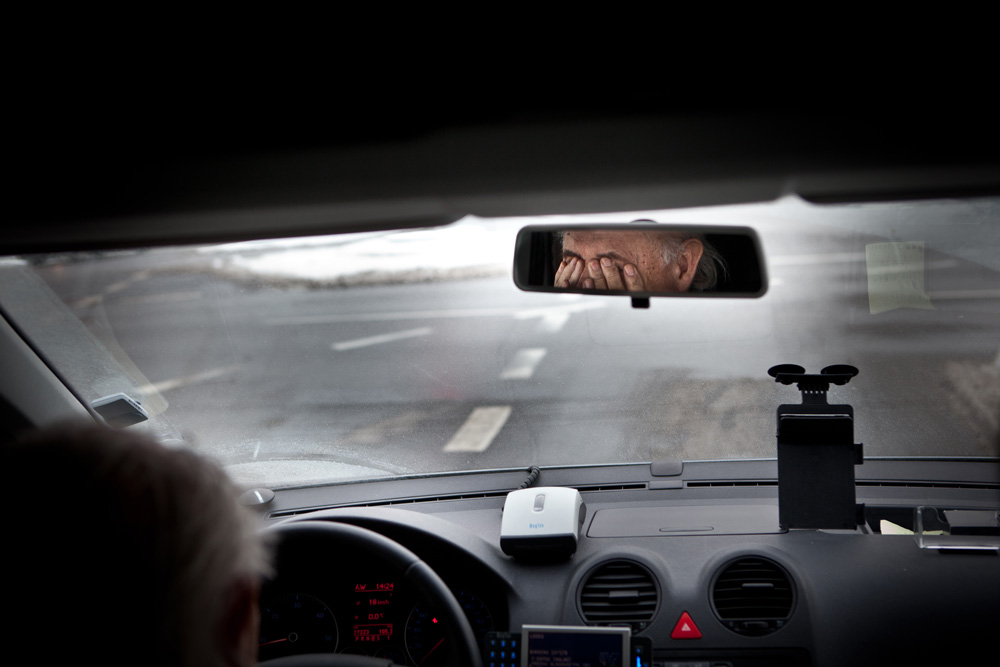There’s really nothing more enticing than having a few drinks with your friends on a Friday night after a lengthy workweek.
You’ll be able to hang out and catch up about work, family, and life in general, discuss any upcoming events or games you’re interested in, and possibly even enjoy some delicious bar food. As fun as this can be, there are risks that need to be assessed to keep both yourself and everyone around you healthy and happy.
We’ll discuss how much alcohol is safe to drink, what to avoid and watch out for from others while drinking, and some of the benefits of drinking less. But before we continue, let’s make one thing clear here: we’re not trying to convince you to stop drinking completely.
Instead, we’re trying to highlight bad drinking habits and the risks these habits pose, such as how one-third of all traffic deaths involve a drunk driver in the US, so you and your friends can spot and put a stop to them.
Know How Much is Too Much
It’s generally recommended that you drink less than 14 units of alcohol a week, where one unit is equal to 8 grams of pure alcohol. To put it more simply, if drinks contained 100% alcohol, it would be recommended to drink less than 14 throughout a seven-day week. Of course, if all drinks were 100% pure alcohol, they probably wouldn’t taste very good.
Luckily, there’s a way to know how much alcohol is in each drink you consume: the label will tell you. If you’re drinking a can or bottle of beer or seltzer, look for the ABV or alcohol by volume number that’s on it. You will need to always check the label since each drink will have a different ABV, and a recipe or formula change could change the ABV, making it higher or lower.
There are some things you can predict even without looking at a label, however. Wines tend to have twice as much alcohol as regular craft beers. If you decide to drink at a bar, you’ll have to ask the bartender to read the label and tell you the ABV, and don’t hesitate to ask them for this information.
While it may seem like a strange question, it’s important to keep an eye on how much alcohol you and your friends are drinking. You may be able to catch some of the bad habits we’ll discuss next quickly if you do.
Watch for Common Bad Habits
There are many bad drinking habits to watch for, with the easiest one being drinking too much too regularly.
It is recommended that, if you plan on drinking near the 14-unit limit, to do so over a few days, drink water and eat food in between drinks, and that there are a few days in the week with no drinking at all. Doing all of this will allow your system to catch up and recover, which will help prevent you from feeling sick or hungover. However, drinking a lot too quickly without doing any of this will lead to many negative consequences and could be a sign of binge drinking.
Binge drinking is when someone drinks five or more drinks in one short timeframe, such as in one night. Some binge drinkers claim to drink more than eight drinks in a single sitting. At first, this may not sound that bad to you, but you need to consider the scale—we aren’t talking shots here; binge drinkers may drink upwards of 5 cans of beer in one night.
This can cause a myriad of problems, from increasing their risk of developing alcoholism to possibly causing the person to suffer alcohol poisoning.
Step in When Necessary
If you notice someone is showing signs of binge drinking or alcohol dependency, it may be time to step in. What this looks like will depend on where you are, what’s currently happening around you, and how long the habits have been indulged.
The biggest immediate step you may need to take is to prevent someone who’s been drinking from driving. In 2021, 13,384 people were killed in accidents involving drunk drivers. If you see one of your friends grab their keys and start heading towards their car, stop them. Convince them to let a sober friend drive them or contact a taxi or some service similar to Uber if you need to.
If you see someone binge drinking, try convincing them to stop drinking or slow down at the very least. You may need to attempt to bring the issue to the bartender’s attention if they won’t listen to you. While it may seem rude to interrupt someone’s evening like this, not doing so could be tragic, so it’s best to at least try without getting yourself or anyone around you hurt. If you notice these habits in yourself, then try to find out why.
Find a family member, close friend, or a therapist you can talk to about your troubles and ask them to hold you accountable or even stop you if they notice you’re beginning to overindulge again.
Understand the Benefits of Curbing Consumption
While there’s no harm in sharing a drink with your friends and coworkers at the bar every now and then, drinking too much too regularly will leave you feeling sick and possibly even anxious or depressed. There are a wide range of benefits to decreasing how much you drink, from boosting your immune system to improved memory and energy levels.
Since you’d be buying fewer drinks, you’d have more money to spend on other things, from essentials to fun things such as hobby items. One of the biggest immediate benefits is the improved quality of sleep you’ll enjoy, and the long-term benefits include decreasing your risk for heart problems and liver disease.
You don’t need to stop drinking completely to enjoy these benefits; you simply need to be mindful of how much you’re drinking and how quickly you’re drinking it. If you notice yourself or someone close to you is indulging in a bad habit, such as binge drinking, try to talk to them about it—they may be trying to use drinking to escape depression and anxiety without realizing the harm they’re doing to themselves.
Ironically enough, they may actually be making these problems worse by avoiding them and trying to seek relief through drinking. Cutting back on how much you drink may not be easy, but the benefits of doing so make it worthwhile to at least try.






